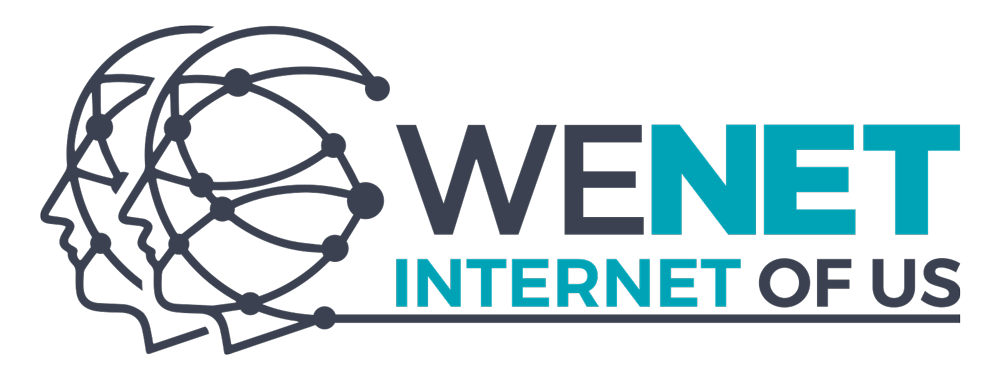Open Call takeaways from the winners: CRS4
As the experimentation projects of our Open Call winners came to a closure, we checked back with them to expand on their background and motivations to participate, and to collect stories on their experience within the programme: what they’ve been up to and how WeNet connected with them and helped them to carry on their activities.
Here below, our one-to-one exchange with CRS4.
Could you tell us about your organisation’s background?
CRS4 is a multi-disciplinary research organisation founded by the Sardinia Autonomous Region in 1990. The center is located in the Technology Park of Sardinia, Pula (Italy) and it’s also a wholly owned subsidiary of the public body Sardegna Ricerche. Initially headed by the Nobel Prize Laureate in Physics Carlo Rubbia, CRS4 has a current staff of about 140 people among researchers, technologists and other professionals. Research focuses on 6 main strategic areas: Biosciences and Computational Infrastructures and Smart Projects; Digital Technologies for Aerospace; HPC for Energy and Environment; ICT-Information Society; Visual and Data Intensive Computing. CRS4 is equipped with high-end technological platforms: one of the major Italian HPCN centers (47 Tflops of computing power and 5 Pbytes of storage capacity) directly linked to one the largest massive DNA Sequencing platforms in Italy and a state-of-the-art Visual Computing Lab. The Educational Technology (Edutech) research team is studying and adapting innovative systems and approaches that improve computer-human and network-human interactions to transfer them in the field of education. This research activity wants to meet the growing need of schools and training centres to use technological innovation in a critical way. Edutech monitors the evolution of new digital instruments to identify the methodological aspects that can be transferred to the teaching and learning fields. Schools and other public institutions are involved with CRS4 in regional, ministerial, transnational, European projects to assess the consequences of the increasing technological elements in the day-to-day practice of students. Moreover, Edutech engages teachers in the ongoing research, development and testing projects, as well as inviting them to contribute to the development of new methods based on tools that can impact learning at various levels (cognitive, metacognitive, operative, socio-communicative), according to the Social Cognitive Theory. Edutech coordinates work-related learning experiences, connected to digital technologies and scientific research areas, for Sardinian high school students, hosting them in the CRS4 Pula premises.
What attracted you to WeNet’s Open Call?
Since 1993 CRS4 has worked in didactic innovation and has been involved in projects of various complexity at regional, national and European levels. Relevant for the WeNet’s Open Call is the Edutech Research team experience in project conceptualization and in the development of learning architectures to scaffold and stimulate learning, stimulate innovation in teaching, promote the sharing of educational scenarios, facilitate knowledge acquisition and process. Beside the technological point of contact, the WeNet’s eLearning Platform is relevant to CRS4’s interest: CRS4’s Timeline, as an educational tool, can be used fruitfully for knowledge dissemination and has much potential in the training field, too.
How did the experience contribute to the development of your organisation?
During the RIALENET project, we have enhanced our workflow in planning teaching strategies, defining/implementing/structuring/making available the most suitable technological tools and didactic material according to those plans, and assessing the results of their application in real-world settings.
For more information: https://www.crs4.it/





